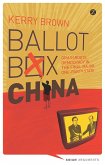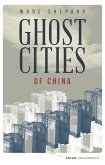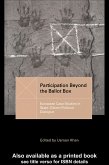The Chinese government believes that this is a step towards `democracy with Chinese characteristics'. But to many involved in them, the elections have been mired by corruption, vote-rigging and cronyism.
This book looks at the history of these elections, how they arose, what they have achieved and where they might be going, exploring the specific experience of elections by those who have taken part in them - the villagers in some of the most deprived areas of China.









